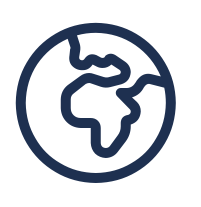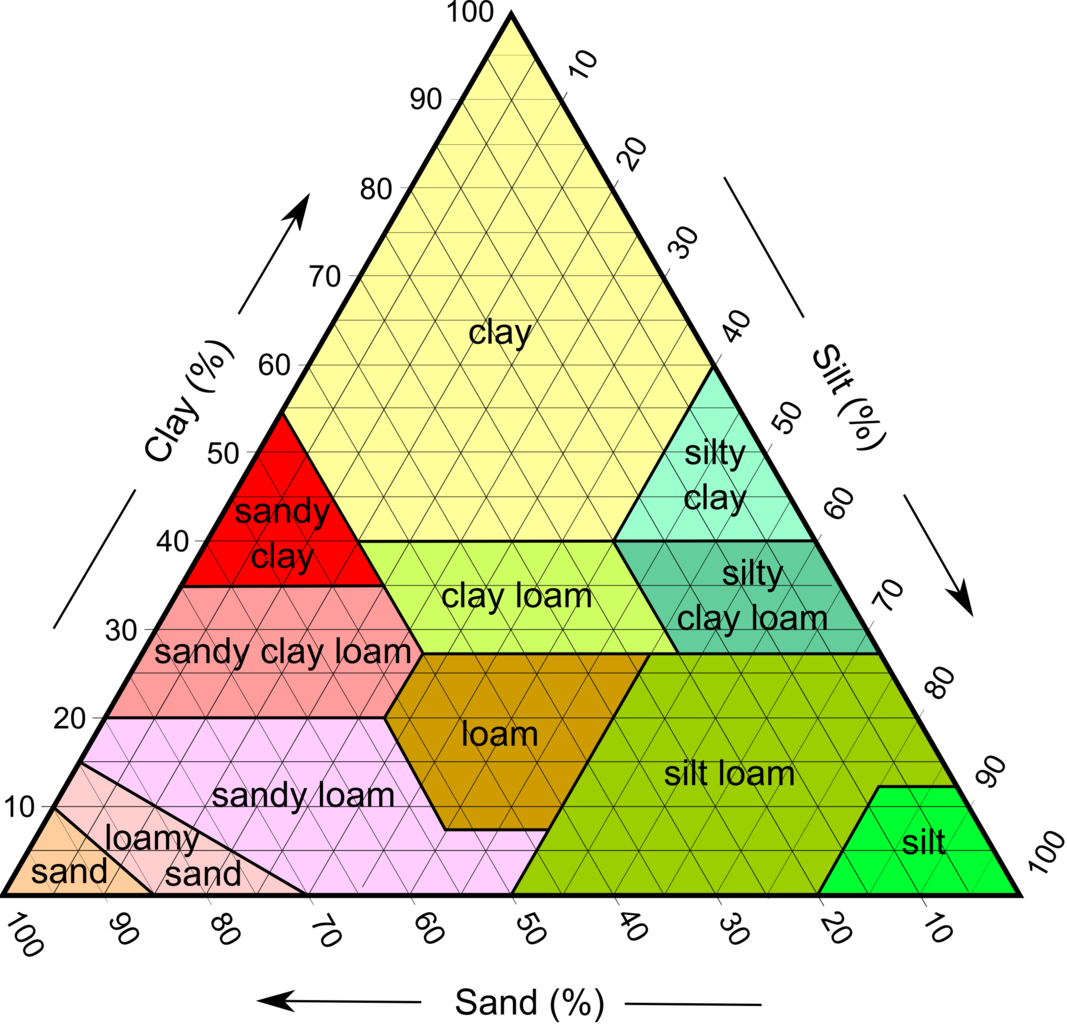[Web6Function] The Gap
Total reading time = 15 minutes
Bridging the Gap
“How many people at present know that there exists a UN World Charter for the protection of our global soils and how many people are aware that it places the responsibility for carrying out its guidance upon the shoulders of every person alive today ?”
This article is for those who are :
concerned about human societies impacts on the environment and climate change, enough to want to do something about it.
Interested in developments in web 3
This article will discuss:
The World soil charter
The Alkebulan Soil Covenant
web 3 initiatives in environmental sustainability and ReFi
A World Soil Charter

“Good soil governance requires that actions at all levels – from States, and, to the
extent that they are able, other public authorities, international organizations, individuals,
groups, and corporations – be informed by the principles of sustainable soil management
and contribute to the achievement of a land-degradation neutral world in the context of
sustainable development”
An extract from UN, Food and Agriculture Organisation World Soil Charter 2015
If you never knew before now that since 2015 there has existed a charter for the protection of our global soils, then you are not alone. The charter reads very well and is full of specific guidance, but by all accounts it seems that not enough of us are taking heed.
The first version of the World Soil Charter was adopted by the United Nations FAO in November 1981. It was later revised and updated in 2014 to include specific guidance relevant to all levels of society from individuals through to governments and international organizations.
All this begs the question, what prevents us from doing what we need to do in order to bring about change to our negative impacts on the environment ?
Impacting Values: Gaining insights versus Awareness of the Facts

“Significant damage had been done to the Earth, but due to the vast size of the planet, it was easy not to realize the extent of it…”
“... Yet the hueman’s knowledge came to a grindingly slow pace of development, a situation where new insights were now few and far between. Pressure grew as every new annual, and even lunar, cycle seemed to evidence further breakdown of the Earth’s protective systems; most concerningly, the magnetosphere, Earth’s great protective shield. All indicators pointed to the damage done during the Great Maafa, the deep wound when people were so abused and the soil so ravaged. Both were so profoundly distorted from their true natures. The Earth was in a state of trauma...”
Extracts taken from "Abit and the web of Freedom"
In a 2021 report commissioned by WWF entitled “An eco-wakening: Measuring awareness, engagement, and action for nature”, they suggest a trend in growing value for the natural world stimulated out of concerns for human negative environmental impacts. The statistics showed evidence of a rise in the market for sustainable goods- particularly in high GDP countries like the USA, Germany and UK.
Interestingly, included in one of the press releases for the report was the statement: “The value nature provides to the global economy is estimated at $ 44 trillion– more than half of global GDP”. This fact may or may not be rooted in reality- after all everything of any value to human society or otherwise is ultimately derived from nature. There exists no other source of value but nature, which therefore begs the question: If the value to the global economy is said to be only $ 44 trillion, then what of the rest, which is priceless ?
Is there a value gap for nature, due not so much to a deficiency in our collective awareness of the facts, but rather due to some lack of insight- something key that previously was commonly known to human populations globally during other times, but which is now lost or forgotten in this era ?
A 2020 article appearing in the Guardian online had the title: “Few willing to change lifestyle to save the planet, climate survey finds”. It says much about the real gap that exists in the collective Consciousness, expressed as concerns about the environment and personal behavior change.
What are we to make of this predicament ?
Are we to suppose that any aliens visiting our planet would justifiably conclude upon assessment that no higher intelligence exists down here ?
Perhaps we are expressing symptoms of some form of collective insanity ?
In a sense, the gap that exists is both a form of lack of intelligence and insanity. The present age is currently organized such that it is very difficult for individuals who care about their impact upon the environment to change how they do what they do.
Increasing numbers of human beings are living far removed from the processes involved in the production of the consumer items upon which they depend. They have no idea as to the real cost to the environment of having their needs satisfied- except to hear about it indirectly through depressing news releases and statistics.
If indeed, we have forgotten something vital, is there a way for us to engage in a process of recovering that which has been lost to our conscious collective memory ?
A soil covenant
“… they knew most deeply the traumas of the past and the magnitude of The Age of Correction. It was realised that technology had to enhance the peoples relationship to the soil and that any virtual ledgers made by huemans would have to be underpinned by The Ancient Ledger Of Insight, the original “blockchain”.
An extract from "Abit and the web of Freedom"
It is strange to think that there is not in existence many covenants with the soil- after all throughout space and time, no matter the level of technological sophistication or complexity of human societies, we have always been dependent on the health of the soils for life.
Perhaps, the fact that a soil covenant has been written down is a comment about the necessities of the times in which we now live ?
Perhaps it references certain values from times past that we have collectively ignored or forgotten ? If it is so, then even in the midst of a technologically advanced society- “ignorance is not bliss”.
There is no question that the 20th Century was remarkable for the speed and extent to which global modern populations were transformed, reinventing and reshaping their relationship with the natural world in the process.
Indeed, the speed of change has been no less than a whoosh !!! Like the whoosh that by-standers must have experienced the first time they saw the passing of a steam locomotive and the whoosh !!! of the first time of seeing a car race at speeds unattainable by the swiftest horse. (For anyone who is struggling to conceptualize what is whoosh !!! please go check it out on YouTube: Disney’s "Wind in the Willows" scene when Mr Toad experiences his first car).
The whoosh!!! Of course, is more commonly referred to as “Progress”.
Progress, progress, progress- always pressing on relentlessly forwards, hacking its way through the bush, asking people to hold on tight and to keep up with the head spinning speed of ever increasing complexity…
but of course, there’s still the gap…
and we are collectively discovering that as much as we might be fascinated by all these shiny tech advancements, we still would also like to live in a natural world that is vibrant, with fertile soils, with clean air and waters- and where the climate is… kind to us.
So it seems that somewhere along the line, we forgot to check whether we had retained insights into how we can have the technologies we now enjoy alongside a natural world that is in a condition that is habitable and worthy of passing on to future generations.
The Alkebulan Metaverse Story

“Now seeing themselves as Beings also one day destined to travel the universe they set in place The Alkebulan Soil Covenant to establish the essential discipline supreme being ordered; Maat.”
Extract taken from "Abit and the web of Freedom"
More than ever before there seems to be a desire to dream, to escape, to make things feel more okay. This seems very appropriate- after all , if a person can dream… if people can escape for a while, perhaps when they return to the “Real world”, they’ll come back with their unburdened mind full of solutions to make things better.
Definitely, this process describes how the Alkebulan Soil Covenant came into existence. It is first mentioned within the first Alkebulan Metaverse Story: “Abit and the web of Freedom”.
What makes the story so interesting is that it frames the context in which the necessity for the existence of a soil covenant is established. In the story, the covenant came to exist, because the people had lost connection with their true identity and relationship with the Earth.
Through the telling of the Alkebulan Metaverse story, the shape of the metaverse and its soil covenant have manifested as real. Their functions are real, both within the physical dimension and in the dimension that exists outside of physical space time- the dimension of Mind. This is the space in which we are able to evaluate knowledge, gain insights and give meaningful expressions to our values.
The use of stories in re-imaging the future direction of the metaverse is discussed in more depth in Restructuring reality through story-telling.
The Alkebulan Metaverse offers a dimension in which people can accomplish a much needed state of “Flow” for collective remembering and gathering of insights concerning what we need in order to once again become good stewards of the natural world and its soils.
In this respect, technology appears to be offering us a way of solving the problems that have come in the wake of rapid technological changes and their unforeseen environmental impacts. In this interesting use case example of the Alkebulan Metaverse, we discover The Unrealised Potential of the Metaverse and NFTs in bridging the gap.
Whilst there are many use case examples for the metaverse that appear to lean towards becoming a high tech outlet for escapism from reality. It is clear that the metaverse has great unrealised potential, still yet to be demonstrated, as a powerful tool for collective thinking and engagements in learning to find solutions to our collective "problems".
No doubt, this is a form of escapism too- meaning, that it is a way to experience a release from the constant distractions and noise, in a way so engulfing that it can promise to take participants, individually and collectively into a state of deep “Flow”.
Web 3 initiatives in Sustainability
The Alkebulan Soil Covenant is in broad alignment with initiatives that are seeking to grapple with creating solutions to how individually and collectively we are to become organized for meaningful corrective action in relation to environmental destruction and climate change.
Regenerative finance (Refi) has been referred to as “the green pill”. There are many initiatives that utilize web 3 technologies to leverage their communities around reformation of the existing global economy.
These include, to mention but a few: Regenerative Finance.com- a company which functions to invest legacy privilege and wealth into projects that are beneficial to the environment and which address legacy issues around land, people and justice. Regens Network , Shamba Network and Earthbanc.io, which are creating infrastructure that will facilitate a global market for the buying and selling of verifiable carbon credits.
There have been some well founded concerns in the possibility of large corporations, whose activities inflict greatest environmental damage, being able to buy carbon credits, thereby giving their image a “green wash”. Nevertheless, all these efforts are in the direction of structuring meaningful change.
Readers are encouraged to continue their personal journey in bridging the gap by searching the work of the organizations mentioned in this article.
To come into a knowledge of The Alkebulan Soil Covenant begin your journey from here.
Other Links:
UN Food and Agriculture Organisation Global Soil Partnership publication: World soil charter 2015 https://www.fao.org/3/i4965e/i4965e.pdf
https://www.theguardian.com/environment/2021/nov/07/few-willing-to-change-lifestyle-climate-survey
